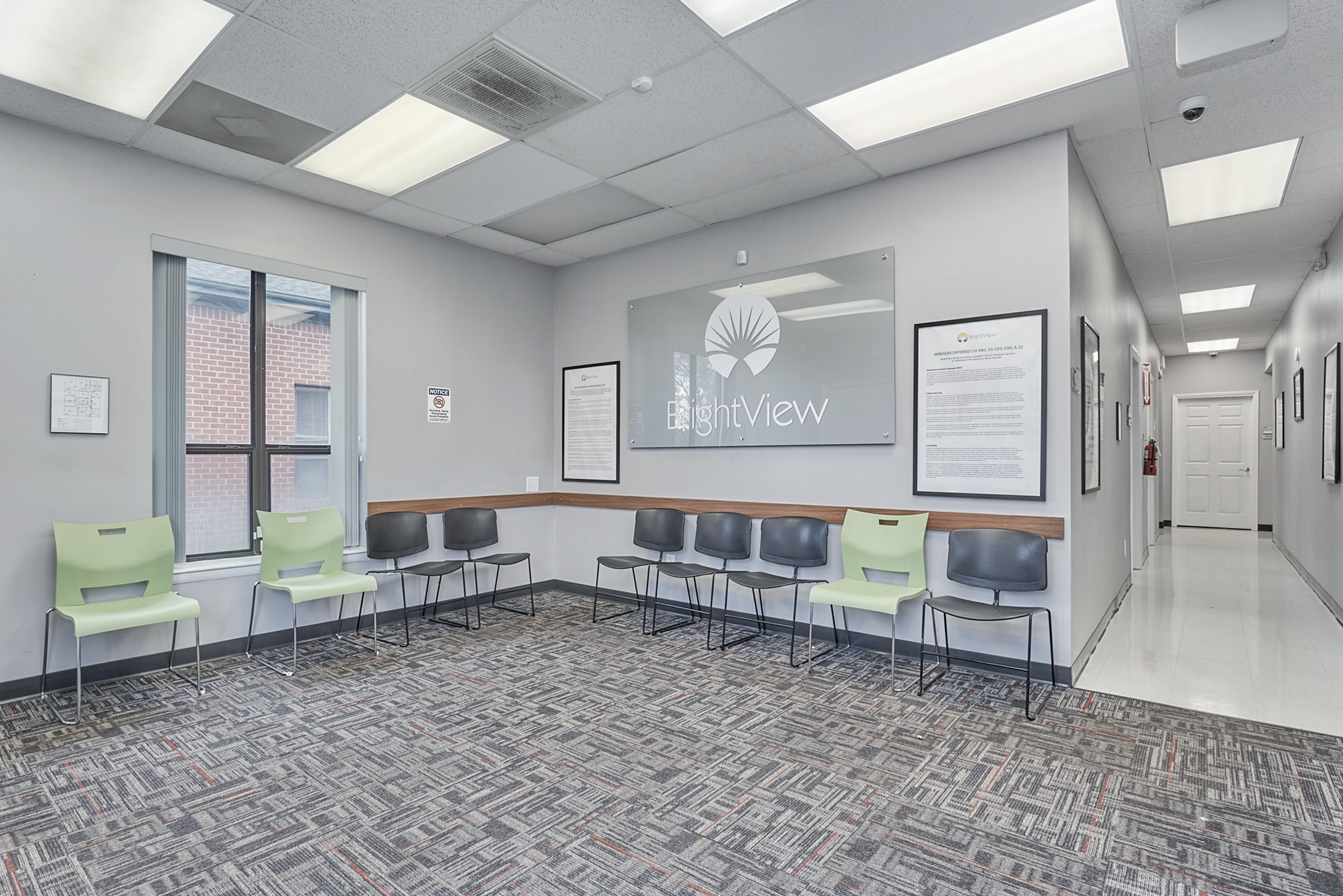Understanding the Important Duty of Therapy in the Addiction Treatment and Rehabilitation Refine

Kinds of Therapy Used
Various evidence-based therapies are used in dependency therapy programs to attend to the complex needs of individuals dealing with substance usage disorders. Cognitive-behavioral therapy (CBT) is a commonly used strategy that assists individuals determine and change harmful thought patterns and behaviors associated with material misuse. By focusing on creating coping approaches and enhancing problem-solving abilities, CBT aims to stop regression and advertise lasting recuperation.
Another commonly utilized treatment is motivational speaking with, which aims to assist people find the interior motivation to alter their habits. Via compassionate listening and non-judgmental assistance, specialists utilizing this method job with clients to explore their ambivalence towards recovery and enhance their dedication to favorable change.
Family therapy is likewise important in dependency treatment, as it attends to the influence important abuse on domestic partnerships and dynamics - Addiction Treatment Center. By involving family participants in the therapeutic procedure, this technique can boost interaction, set healthy boundaries, and provide important support for both the individual in healing and their liked ones
Benefits of Private Therapy
Private treatment plays a critical duty in dependency treatment by providing tailored assistance and dealing with the specific needs and challenges of everyone in healing. This form of therapy provides a safe and personal space for individuals to explore their ideas, behaviors, and emotions connected to addiction without fear of judgment. With private therapy sessions, clients can function very closely with a skilled specialist to identify underlying problems that might have added to their compound usage, establish coping approaches, established possible objectives, and track progress towards recuperation.
One substantial benefit of specific treatment is the tailored method it offers. Additionally, private therapy allows for a deep exploration of underlying problems, such as trauma, psychological wellness problems, or relationship issues, which may be contributing to addictive actions.
Value of Group Treatment
Group treatment plays a pivotal function in addiction therapy by promoting a feeling of community and providing a platform for people to share their experiences and acquire support from peers facing similar obstacles. The group setup supplies an unique setting where people can really feel understood, approved, and urged by others who are experiencing comparable battles. Addiction Treatment Center. This shared experience can aid lower feelings of isolation and embarassment frequently connected with dependency, advertising psychological healing and individual growth
Moreover, group treatment browse around here allows individuals to learn from one another, supplying different point of views and coping strategies that individuals might not have considered by themselves. The sense of camaraderie that develops within the team creates a helpful network that can expand beyond the treatment sessions, giving people with a sense of belonging and responsibility as they browse the recovery process. On the whole, group therapy functions as an effective tool in dependency treatment, advertising link, empathy, and shared empowerment among individuals.
Restorative Strategies Utilized
Making use of evidence-based techniques and tailored interventions, specialists utilize a variety of specialized strategies to address the complicated demands of individuals going through dependency treatment. Cognitive Behavior Modification (CBT) is a commonly utilized method that assists people identify and change negative thought patterns and habits related to dependency. Motivational Interviewing (MI) is one more technique that focuses on enhancing motivation and dedication to change by discovering and dealing with ambivalence. Dialectical Behavior Therapy (DBT) incorporates cognitive-behavioral strategies with mindfulness methods to aid people control feelings and boost social skills.
Eye Movement Desensitization and Reprocessing (EMDR) works in treating co-occurring trauma and addiction by assisting in the handling of upsetting memories. Family members therapy plays a crucial duty in resolving familial dynamics and enhancing support group for individuals in recuperation. Mindfulness-based treatments, such as reflection and yoga exercise, promote self-awareness and tension reduction. Expressive therapies like art or songs therapy offer different ways for people to discover and express their emotions. Overall, the assimilation of diverse restorative strategies guarantees a comprehensive and customized approach to dependency treatment.

Therapy's Effect on Long-Term Healing

Treatment additionally uses a secure and supportive environment for people to discover their emotions and ideas, develop self-awareness, and work in the direction of individual growth. By taking part in therapy, people can establish vital life skills, enhance their connections, and job in the direction of developing Full Article a satisfying and meaningful life complimentary from the grasp of addiction. The consistent assistance and support provided through therapy can empower individuals to remain committed to their recuperation trip and get over obstacles that might develop along the means.

Verdict
To conclude, therapy plays a critical role in addiction therapy and rehab by using different sorts of treatment, such as individual and team treatment, to deal with the underlying issues of addiction. Therapeutic techniques made use of in therapy sessions help people develop coping abilities and methods for long-term healing. The impact of treatment on long-term recuperation is significant, as it supplies support, guidance, and devices for people to maintain sobriety and lead a much healthier, meeting life.
Various evidence-based treatments are offered in addiction treatment programs to resolve the complicated demands of individuals having a hard time with substance use conditions.Private therapy plays a vital function in dependency treatment by offering personalized support and attending to the certain demands and difficulties of each person in recuperation. Expressive treatments like art or songs therapy offer alternate ways for people to check out and express their feelings. Therapy plays a critical duty in the long-term healing process by dealing with underlying issues that contribute to addiction, helping people develop coping techniques, discover this and offering ongoing support as people browse the challenges of keeping soberness.In final thought, therapy plays an essential function in dependency therapy and rehab by supplying different types of therapy, such as specific and group treatment, to address the underlying concerns of addiction.